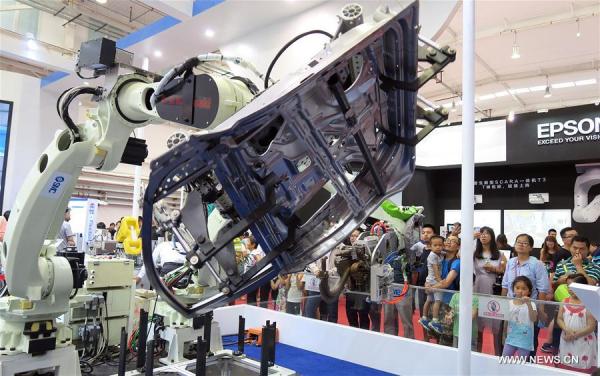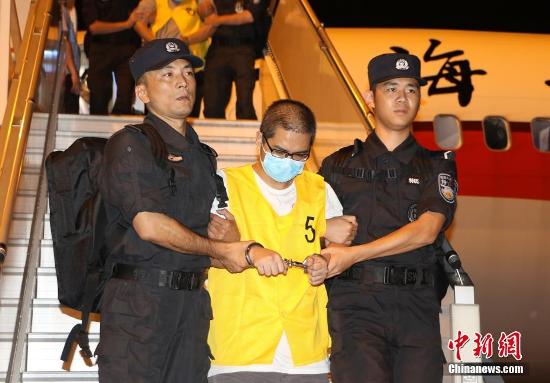Beijing launches citywide restaurant checks
Beijing’s food safety watchdog has begun a two-week sanitation inspection of the city’s restaurants.
This came after two Beijing branches of a popular hotpot chain were exposed to have operated in unhygienic conditions. Videos taken by hidden cameras showed rats infested the kitchen, a dishwasher was caked with oily food residue, and a worker tried to fix sewage clog with a soup ladle.
The Sichuan Province-based Haidilao hot pot has admitted its management faults in a frank public statement issued Friday, apologizing for the scandal.
In recent years, Haidilao took major Chinese cities by storm by its signature spicy Sichuanese hot pot and excellent service. According to its website, Haidilao is operating in about 60 Chinese cities and has expanded to Los Angeles, Singapore, Seoul, and Tokyo,
Beijing Food and Drug Administration said the inspection will target both restaurant chains and canteen suppliers. Business licenses, dishwashers, sanitation equipment, measures to keep off pests and diseases are the focus of the inspection.
The watchdog said it has also ordered Haidilao to open its kitchens to the public in a month and report the overhaul measures. The chain’s sanitation ratings will be downgraded.
Haidilao, meanwhile, promised to ensure all its restaurants both in China and abroad maintain good sanitation standards.

